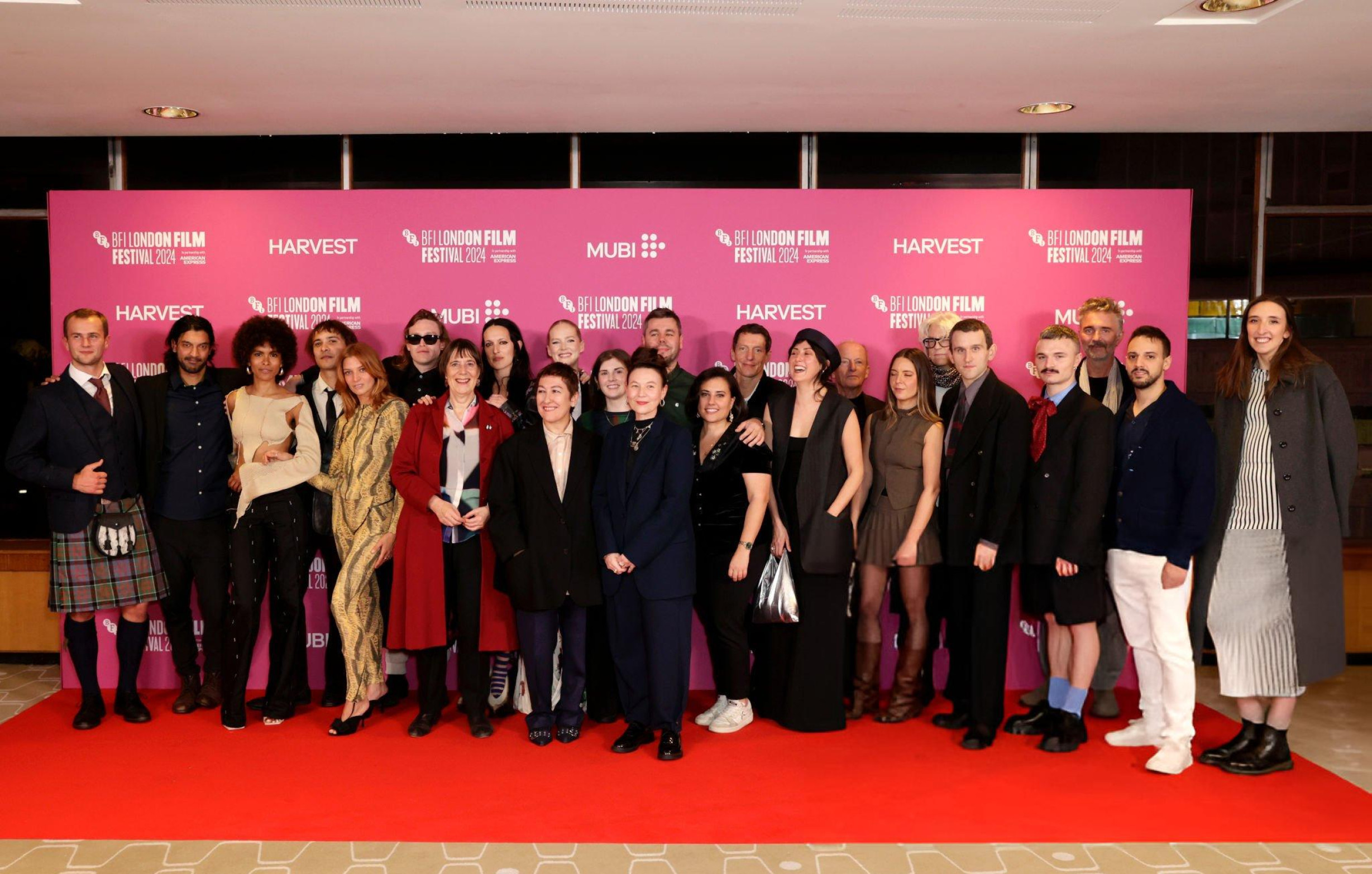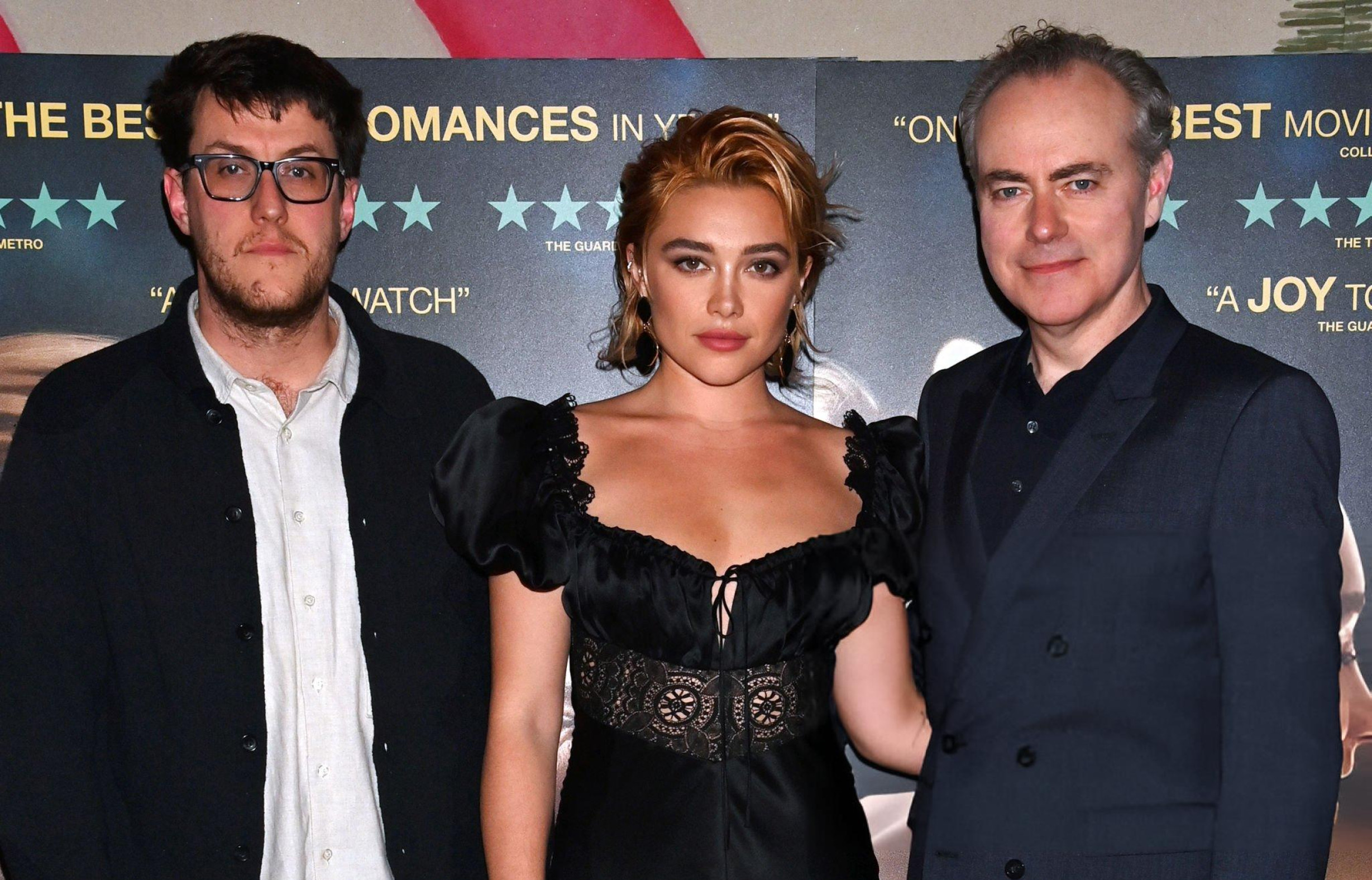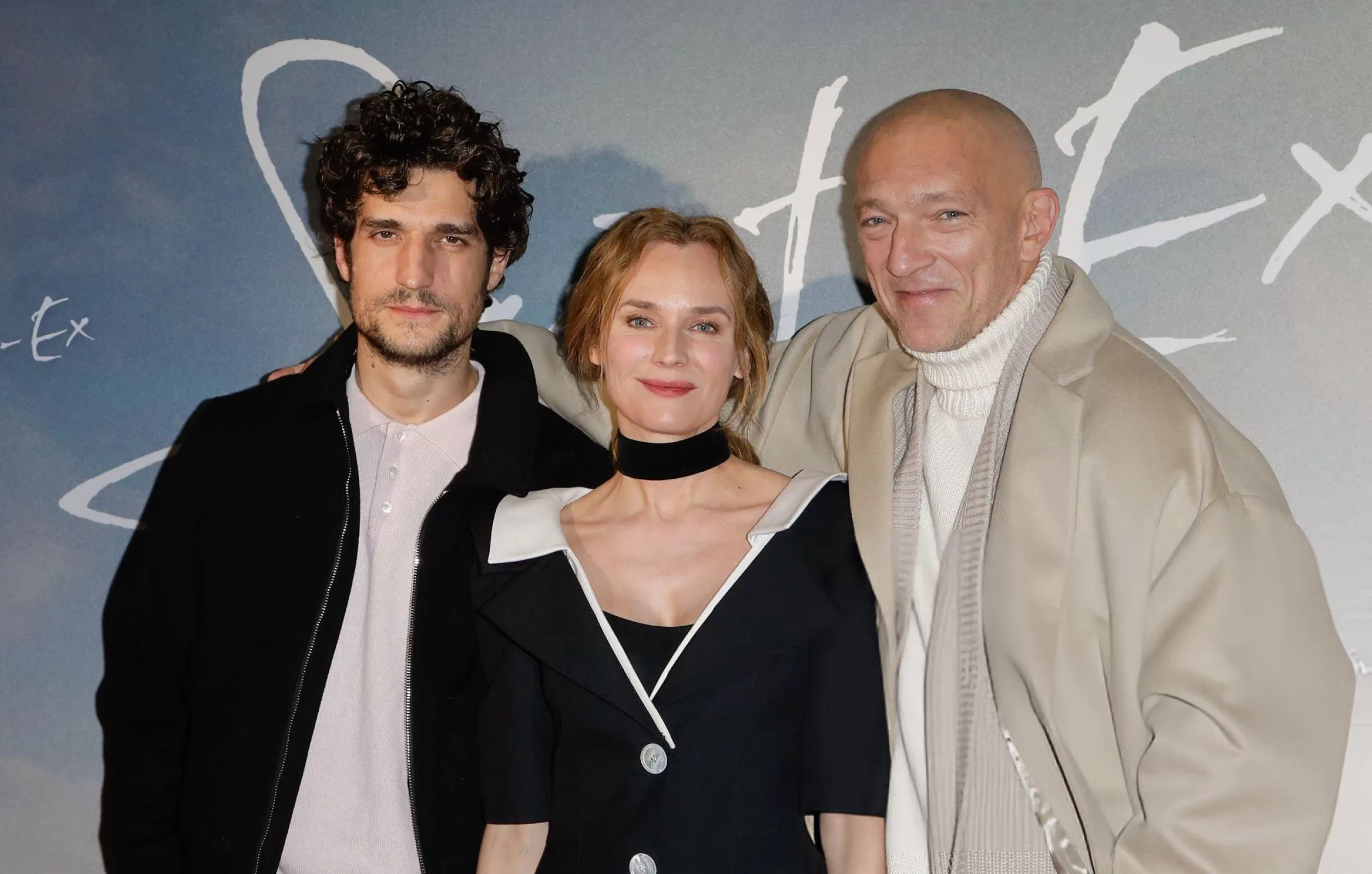The 68th BFI London Film Festival was electrified by the much-anticipated world premiere of “Harvest,” a visually enchanting and emotionally resonant film directed by the acclaimed filmmaker Athina Rachel Tsangari. This gripping cinematic experience, adapted from Jim Crace’s Booker Prize-shortlisted novel, has already captivated audiences, drawing them into a haunting tale of tradition, change, and survival in a pre-modern world. With breathtaking visuals, compelling performances, and a richly layered narrative, “Harvest” stands as one of the most remarkable films of the year.
Harvest Synopsis
“Harvest” transports viewers to a remote, nameless village set during a period of severe economic and social upheaval. The plot centers around Walter Thirsk (portrayed by Caleb Landry Jones), a once-estranged outsider who has found a place among the villagers. The fragile equilibrium of this rural community is shattered with the arrival of two strangers: a mapmaker, who signifies the looming advance of modernity, and the cunning cousin of the village’s landowner, Master Kent (played by Harry Melling). As the community faces an existential threat from both internal strife and external forces, the story explores the deep tensions between tradition and progress, superstition and reason, unity and division.
The film masterfully delves into themes of displacement, the destructive effects of power, and the inevitable erosion of old ways of life. As these forces collide, the village’s isolation gives way to conflict, betrayal, and an unsettling transformation that echoes broader societal changes. The haunting score and poetic cinematography amplify the sense of desolation, making “Harvest” a vivid allegory of human resilience in the face of overwhelming adversity.
Starcast of Harvest
“Harvest” boasts an extraordinary ensemble cast, each delivering standout performances that bring the novel’s complex characters to life. Caleb Landry Jones shines as Walter Thirsk, his portrayal exuding both vulnerability and quiet strength. Walter’s internal conflict—his longing for acceptance versus his outsider status—is poignantly conveyed through Jones’ nuanced performance.
Harry Melling delivers a compelling portrayal of Master Kent, whose tenuous authority over the village is threatened by shifting power dynamics. His conflicted leadership is emblematic of the uncertainty that grips the village, further complicated by the manipulations of his cousin, played with chilling charisma.
The supporting cast enriches the film’s emotional landscape. Rosy McEwen as Kitty Gosse, Arinzé Kene as Quill, Thalissa Teixeira as Mistress Beldam, and Frank Dillane as Christopher Derby each contribute to the film’s exploration of community and survival. Their characters are not mere background figures but pivotal to the film’s exploration of human connection and isolation.
A Cinematic Masterpiece: Visuals, Themes, and Storytelling
Under Tsangari’s direction, “Harvest” emerges as a cinematic masterpiece that seamlessly marries visual artistry with thematic depth. The cinematography is rich in texture, capturing the raw beauty of the natural landscape juxtaposed against the harsh realities of the village’s plight. Wide shots of the rolling fields and dense woods envelop viewers, transporting them into the village’s world. The scenes of harvest, ritualistic and meticulous, create a rhythm that underscores the film’s connection to the cycles of nature and the passing of time.
The film’s emotional intensity is palpable, with tension building as the village’s harmony deteriorates. Through its exploration of superstition, land ownership, and the clash between modernity and tradition, “Harvest” resonates as an enduring meditation on the cost of progress. The steady unraveling of the villagers’ sense of security mirrors the dissolution of a way of life that has existed for generations.
Tsangari’s adaptation stays true to the spirit of Jim Crace’s novel, capturing the stark realities of village life while imbuing the story with her signature flair for visually compelling, character-driven storytelling. The result is a film that is as thought-provoking as it is visually stunning, an experience that leaves a lasting impact on its audience.
Harvest Grand Premiere at the Odeon Luxe Leicester Square
The world premiere of “Harvest” at the Odeon Luxe Leicester Square was one of the most talked-about events of the BFI London Film Festival. The star-studded event saw the cast and crew of the film walk the red carpet to an enthusiastic crowd. Fans and industry insiders alike packed the prestigious venue to witness the first public screening of what has already been hailed as a cinematic tour de force.
Following the screening, a Q&A session with Athina Rachel Tsangari and the film’s producers offered fascinating insights into the making of the film. Tsangari discussed her decision to adapt Crace’s novel, citing its timeless themes and its relevance in today’s world as key motivations. The director also spoke about the challenges of capturing the novel’s atmospheric qualities on screen, which she met through a unique blend of practical effects, immersive locations, and a focus on the internal struggles of the characters.
The premiere was a resounding success, with many attendees praising the film’s artistry, performances, and emotional depth. Critics have already begun to speculate that “Harvest” will be a major contender during awards season, with early buzz hinting at possible nominations for Best Director, Best Actor, and Best Cinematography.
Immediately following the premiere, social media erupted with enthusiastic reactions to “Harvest.” The hashtags #HarvestFilm and #LondonFilmFestival trended on platforms such as Twitter, with viewers sharing their thoughts on the film’s emotional power and breathtaking visuals. Fans were particularly moved by the film’s depiction of community dynamics, with many applauding the authenticity and depth of the performances.
Critics have noted the film’s ability to transport audiences into its historical setting while remaining deeply relevant to contemporary issues. Themes of social change, power struggles, and the human spirit’s resilience resonated with viewers, many of whom took to social media to express their admiration for Tsangari’s bold directorial vision.
“Harvest” is an extraordinary film that serves as a powerful reminder of the enduring power of cinema to tell meaningful stories. With its evocative plot, rich character portrayals, and visually captivating storytelling, the film has left an indelible mark on audiences and critics alike. As the film gears up for its official release on Netflix on November 13, 2024, it is already being hailed as a potential Oscar contender.
This film is not only a testament to Tsangari’s mastery as a filmmaker but also a significant work of art that invites viewers to reflect on the transformative nature of change—both on an individual and societal level. As it continues its journey through festivals and into theaters, “Harvest” is set to become one of the most talked-about films of the year.





